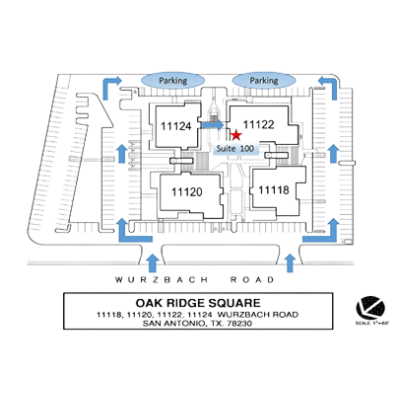Understanding Guardian of the Person
Navigating the complexities of care for a loved one can be challenging, especially when it comes to understanding guardianship. For those managing care or planning ahead, it's crucial to know what a Guardian of the Person involves. This role is responsible for handling daily and personal care decisions. For instance, if you’re caring for a minor, this includes ensuring they are fed, clothed, schooled, and receive proper health care. Meanwhile, for adults, this responsibility extends to managing medical appointments and making residential decisions like housing arrangements and education needs. Managing Finances with Guardian of the Estate
On the financial side, a Guardian of the Estate is appointed to manage an individual’s finances, pay bills, and protect their property. This guardianship type requires court oversight, which means that assets are often placed in a “blocked account” to ensure they are protected. While it might seem daunting, this process is designed to safeguard the financial well-being of those who cannot make these decisions themselves. Combined Guardianship
In some cases, combined guardianship may be the best option. This allows one person to manage both personal care and financial matters for the individual. It’s a flexible solution, yet courts often assign separate individuals to manage the person and the estate to ensure specialized care and attention in each area. Guardianship vs. Power of Attorney
A common question that arises is the difference between guardianship and a power of attorney (POA). It’s important to note that guardianships do not replace a POA. A POA is voluntary and established by a competent person, whereas guardianship is court-appointed in situations where there is no prior legal authority. For instance, if someone has a financial POA but not a healthcare POA, a guardian might still be required to handle medical or personal decisions. The Role of the Court in Guardianship
Court involvement is an integral part of all guardianship cases. This includes not only the initial appointment but also ongoing oversight to ensure that the guardian fulfills their duties responsibly. Guardians can be changed, but only with court approval, offering a system of checks and balances to protect the individual’s interests. Seeking Professional Guidance
Guardianship, while a legal and sometimes complex process, exists to protect individuals who can no longer make decisions for themselves. If you are unsure about what is right for your situation, it’s advisable to seek legal advice. A legal professional can help you explore your options and create a plan that ensures both care and financial stability for your loved one. Remember, preparing now can ease future challenges and provide peace of mind for everyone involved.


